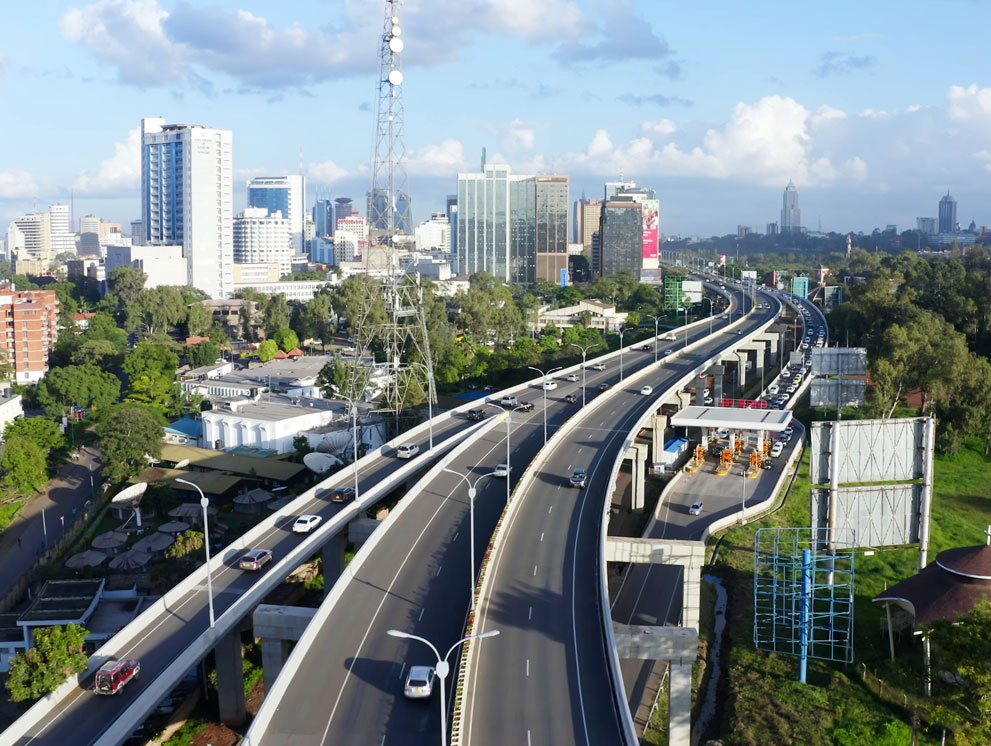Kenya tops East Africa in investment appeal on low risk profile

As of April, the country’s risk index stood at 53.47, reflecting a relatively stable political environment and favourable financial conditions
Kenya is the most appealing destination for investors in East Africa, data analysis from a new regional macroeconomic environment survey has revealed.
The analysis ranks Kenya above its neighbours, having posted the lowest economic risk profile, a key factor for many investors.
More To Read
- SMEs see brighter outlook but struggle with market access, corruption - report
- Business operators protest excessive permits and taxes, demand unified permit system
- Why only 2% of Kenyan startups grow into large businesses
- Tough economic conditions slow down private sector customer demand in January
- Registration of new business ventures drops 7.6pc as investors hold back
- Kenyan businesses optimistic of improved economic activity in Q1, 2025
As of April, the country’s risk index stood at 53.47, reflecting a relatively stable political environment and favourable financial conditions that would continuously draw both lenders and business operators.
“The economy is growing at 4.6 per cent with low inflation. The policy rate is 10 per cent, trade activity is $21.4 billion (Sh2.8 trillion), and a risk index of 53.47 indicates moderate economic risks in a stable environment,” the report by the regional lender Afreximbank reads.
Tanzania, Rwanda, and Uganda rank second, third, and fourth, respectively, with risk index scores of 56.27, 57.79, and 59.02.
Conversely, South Sudan, Somalia, and Burundi are ranked the three least favourable economies, recording economic risk index scores of 79.17, 77.53, and 69.24, respectively.
Ideally, the risk index is used to evaluate the economic risk level of a country or region, often as part of broader country risk assessments.
It considers factors like economic stability, growth potential, inflation rates, fiscal health, government debt and other economic indicators.
A smaller value of the index (closer to 0) indicates lower economic risk, implying that the country is seen as economically stable and resilient, with a lower likelihood of facing significant economic challenges like high inflation, debt crises, or recession.
On the other hand, a higher value (closer to 100) indicates higher economic risk.
This suggests that a country may be more vulnerable to economic instability, with potential risks like high debt levels, inflation, or weak economic growth.
Despite being ranked as the top investment destination, the report raises concerns about ongoing geopolitical and security risks that could negatively impact the country’s investment climate in the long run.
It notes that the aforementioned risks continue to influence Africa’s overall economic outlook.
“Territorial disputes, armed conflicts, terrorism, and election cycles significantly impact investor confidence and economic policymaking,” the report adds in part.
“Addressing these challenges requires a coordinated approach that includes strengthening governance, improving security measures, and fostering regional cooperation to create a more stable economic environment.”
Additionally, it says the rise of political transitions in key African economies will influence economic policy directions, with investor confidence closely tied to the outcomes of upcoming elections in several nations.
Top Stories Today
- 10 minutes of sunlight: The science-backed brain boost you’re likely overlooking
- Four CSs in fresh legal battle over Sh50 e-Citizen fee
- KUCCPS reopens TVET applications for September intake, cuts fees to widen access
- KPA’s tariff hike draws uproar ahead of September rollout
- Ugandan opposition leader Kizza Besigye denied bail as treason trial drags on
- Seven killed in lorry-matatu collision at Korompoi on Isinya-Namanga highway










































